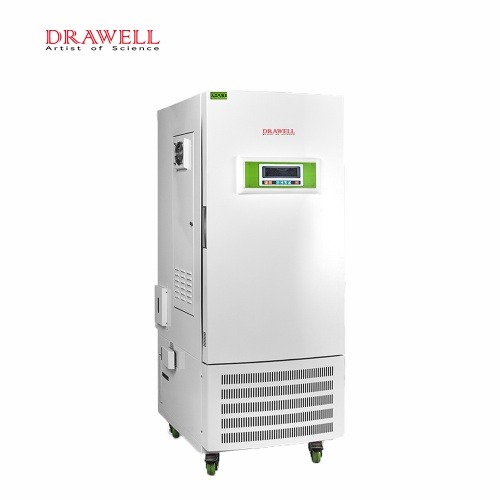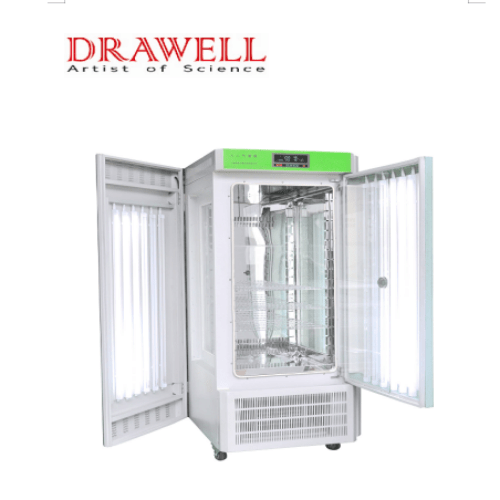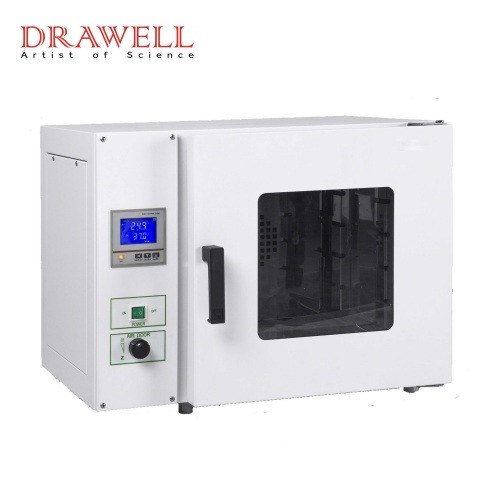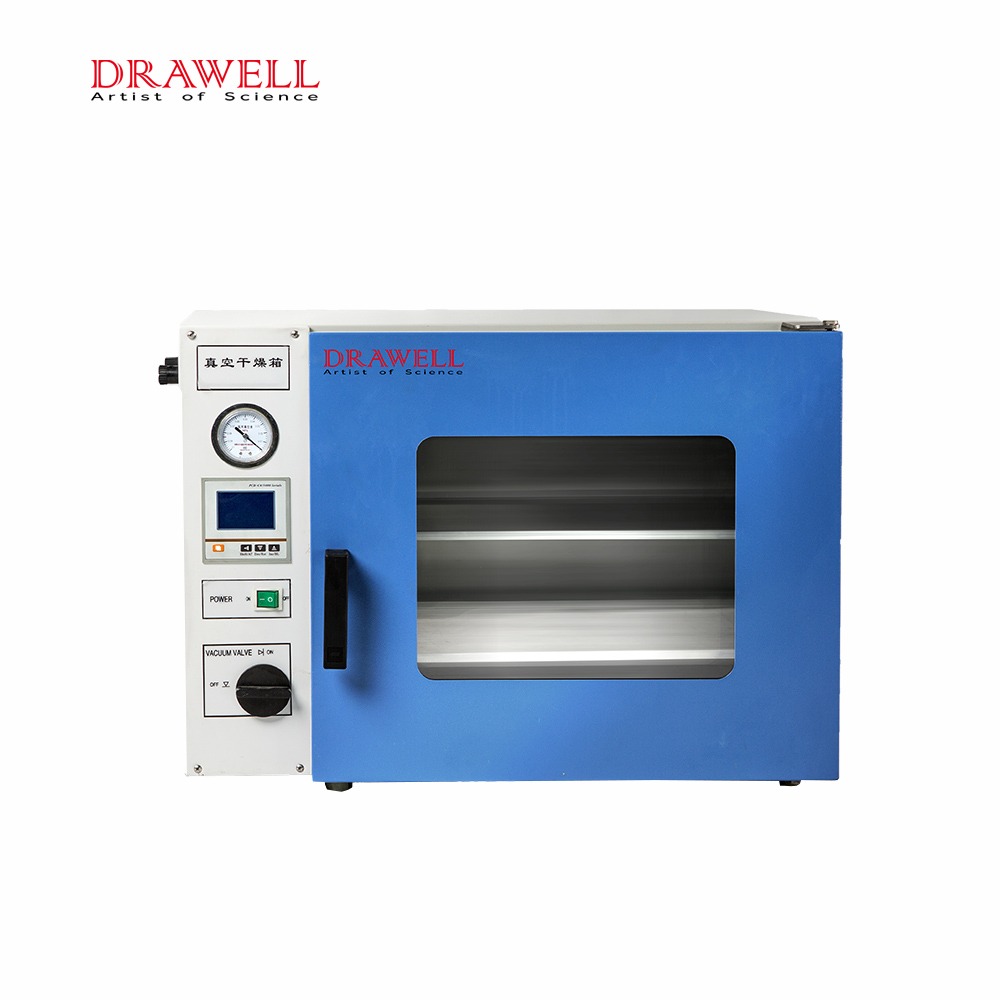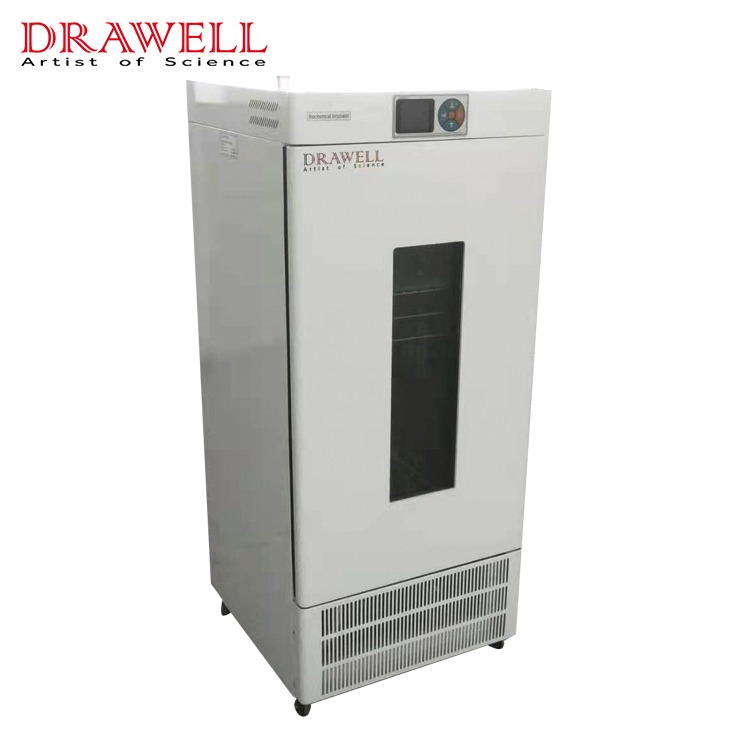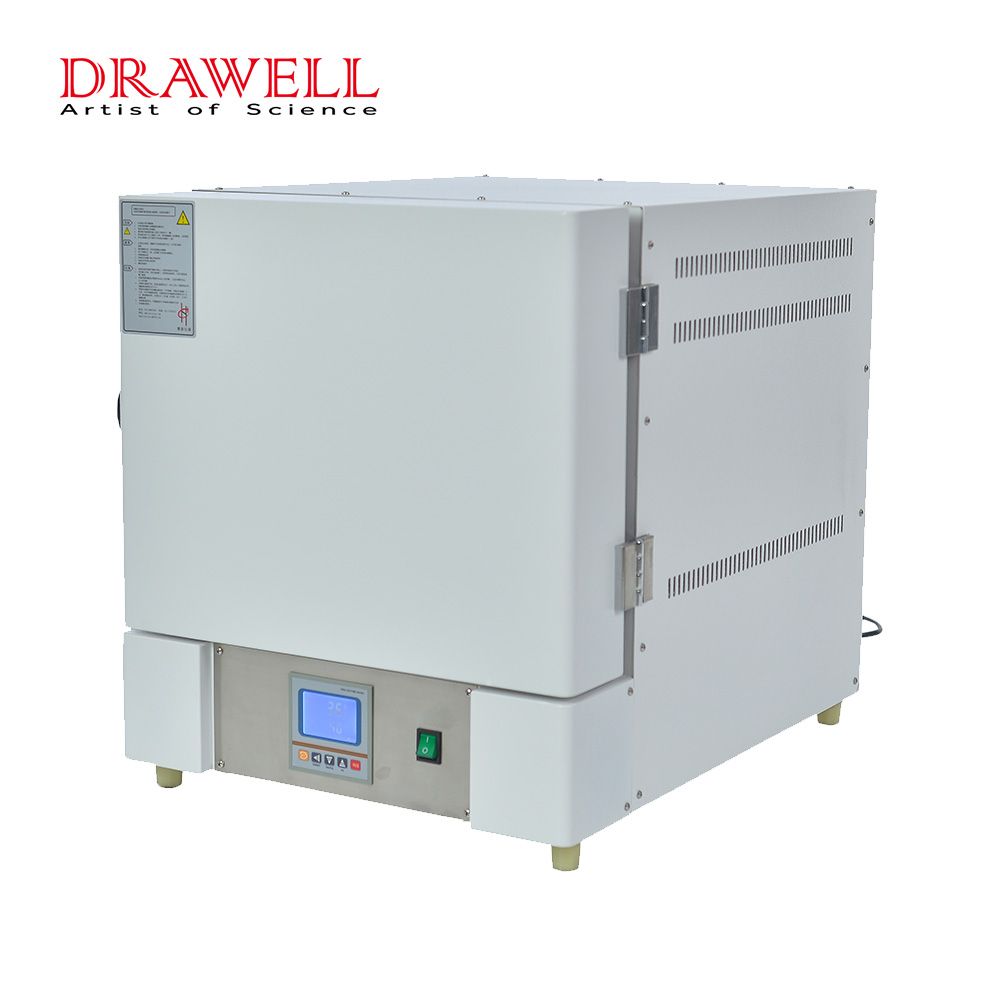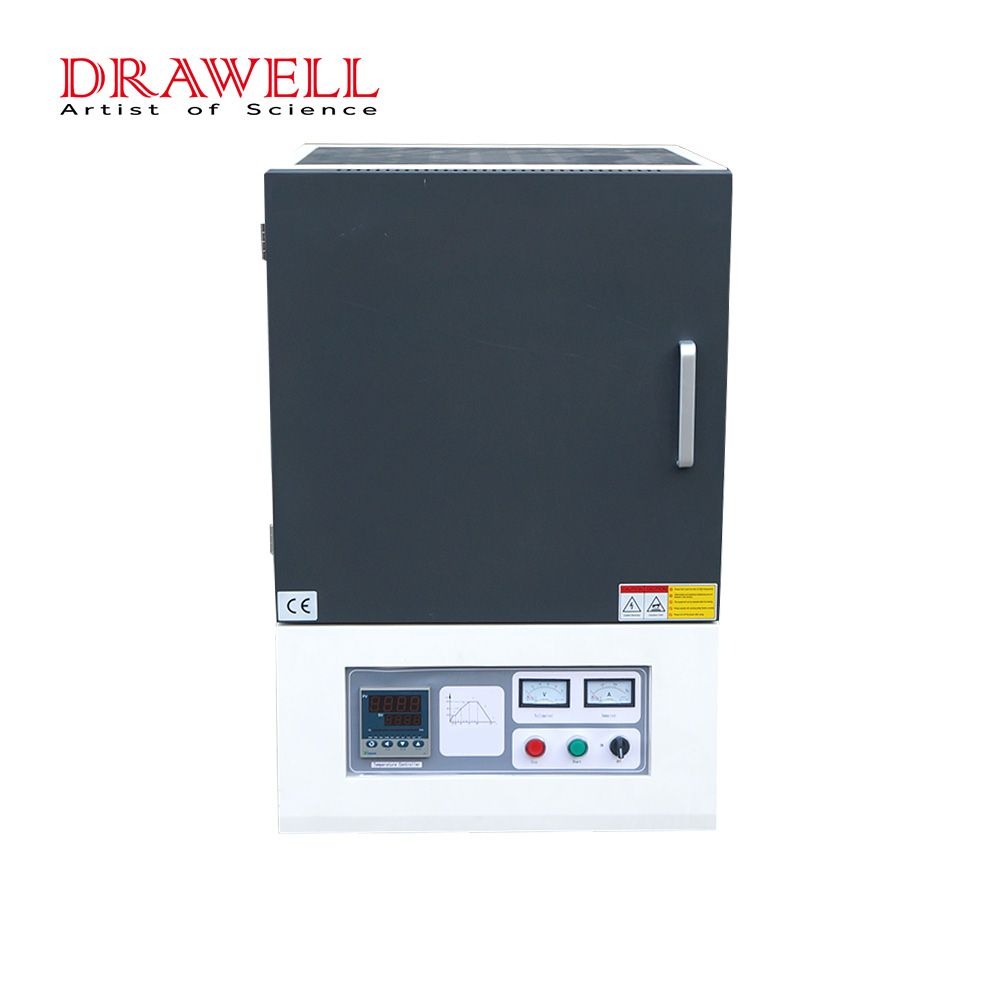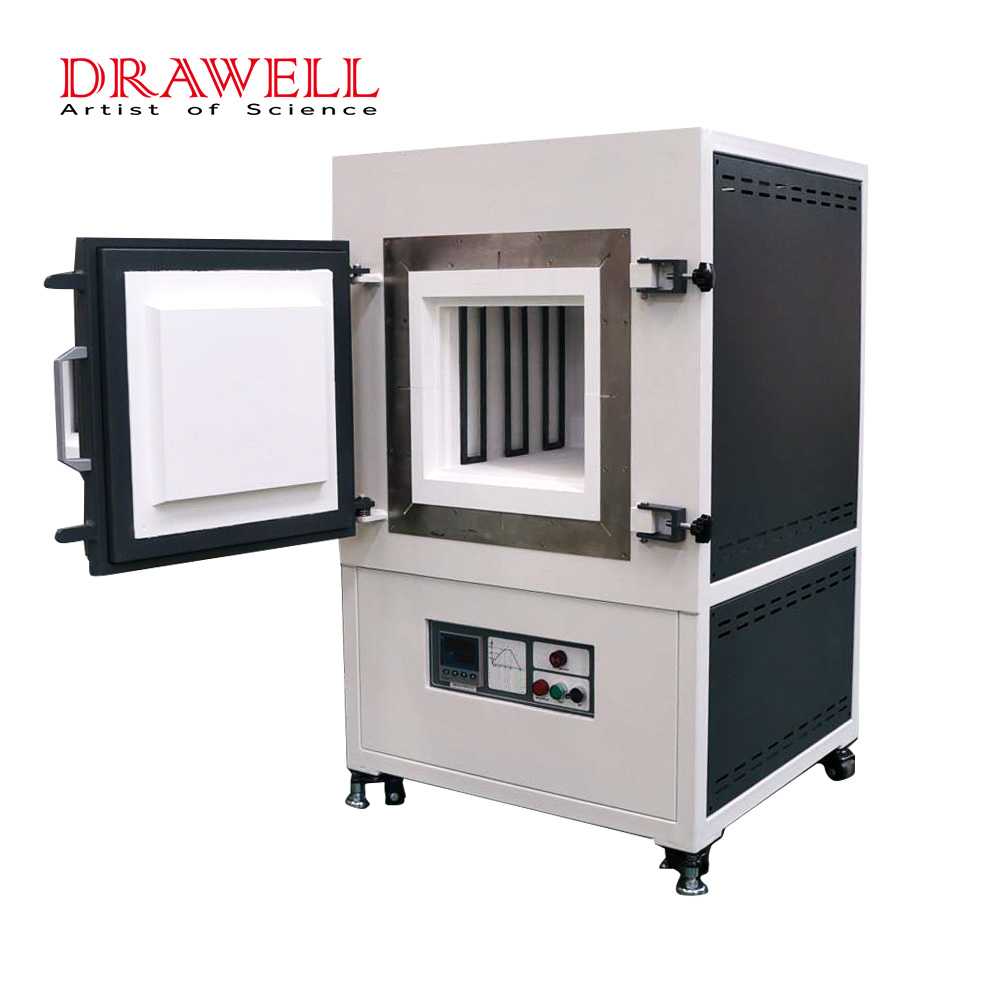Biochemical incubators are not unfamiliar, even very familiar to laboratories or environmental protection operators. But it is different for the purchasers, because in the eyes of the purchasers, as long as the purchase is good, they can go back. Thus, when purchasing, they will shop around after inquiring with the biochemical incubator manufacturer. Due to the different quotations of each biochemical incubator company, the biochemical incubator with good quality and high quality will naturally be much more expensive. The workmanship will not be too different if the biochemical incubator price is not much different. To purchase a cost-effective and high-quality biochemical incubator, you need to look at the following points:

1. The compressor of the biochemical incubator
The compressor is the main accessory of the biochemical incubator, and its performance is very important. Since the biochemical incubator is a low-temperature box, a compressor is required to control the refrigeration temperature. At present, fluorine-free compressors and fluorine-containing compressors are the most used on the market. Nowadays, more and more mainstream biochemical incubators use fluorine-free refrigeration.
Fluorine-free compressors commonly use fluorine-free R134a refrigerant, which will not damage the ozone layer, has no greenhouse effect, and is energy-saving and efficient. CFC-free refrigerants are characterized by the large latent heat of evaporation, strong cooling capacity, good fluidity, low delivery pressure, low power consumption, slow load temperature recovery, and compatibility with various compressor lubricants.
Fluorine compressors mainly add freon as a refrigerant, which can destroy the ozone layer of the atmosphere. The ozone layer can protect humans from the sun’s ultraviolet rays. So it is necessary to find another refrigerant to replace fluorine.
The principle of the fluorine-free compressor and fluorine compressor is the same, but the refrigerant is different. Relatively speaking, the cost of non-fluorine compressors is much higher than that of fluorine compressors, which is why the prices of biochemical incubators produced by different manufacturers vary greatly.
2. Temperature control range of biochemical incubator
According to the temperature required by the experiment, you can choose a product with a suitable temperature range. The temperature control range of the biochemical incubator is as follows: room temperature +5°C-60°C, 0-60°C, 4-60°C, 5-50°C, etc. The constant temperature range of ordinary biochemical incubators is 5-50 °C, and the constant temperature range of low-temperature biochemical incubators is -10-60 °C
3. The volume of the biochemical incubator
Common volumes of biochemical incubators are 80L, 150L, 200L, 250L, 300L, and 400L.

4. Refrigerant
Whether the incubator uses a fluorine-free refrigerant, at present, environmental protection is a social trend and you should try to choose a fluorine-free refrigerant.
5. The power of the biochemical incubator
The power of the incubator is related to power consumption. Small power can save power. At present, the price of electricity is getting more and more expensive.
6. Dimensions of biochemical incubator
The size of the biochemical incubator includes internal dimensions, external dimensions, packaging dimensions, etc. Does the laboratory have enough space to place a huge biochemical incubator? Are the internal dimensions right for your job? If a large-size biochemical incubator is required, is the laboratory door wide and high enough to put it in?
7. Temperature control accuracy
Parameters such as temperature fluctuation, temperature resolution, and temperature uniformity are related to whether the experiment can be completed.
8. Whether to provide technical guidance and after-sales service
If you have never used a biochemical incubator, you need the following guidance from an engineer to use the machine proficiently. After-sales service is very important. The biochemical incubator price is high, the volume and weight of the BOD incubator are not small, and the transportation of the BOD incubator is inconvenient. Thus, you must understand clearly before buying. Although most BOD incubator manufacturers now provide a one-year or longer warranty and provide on-site technical support and services, you must understand thoroughly before purchasing the product. For example, Drawell can provide online technical guidance and after-sales service.
9. Chamber size and material
304 stainless steel chamber is the current mainstream, stainless steel chamber is more corrosion-resistant and more durable than traditional cold-rolled steel. It would be better if the chamber has a rounded structure, which is easy to clean and does not leave dead corners. The chamber size should be suitable for your experimental needs.
10. Printer and RS485 interface
The necessary equipment for experimental data output can bring great convenience.

